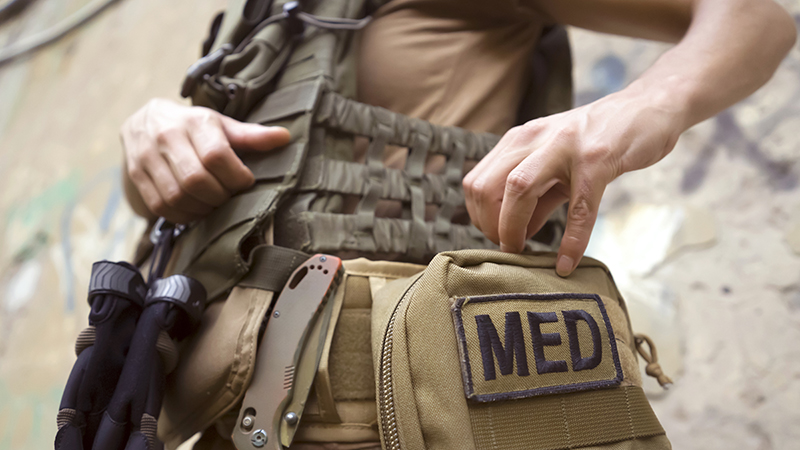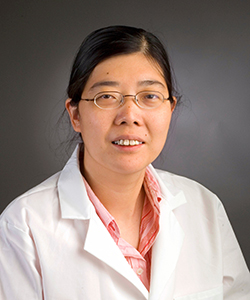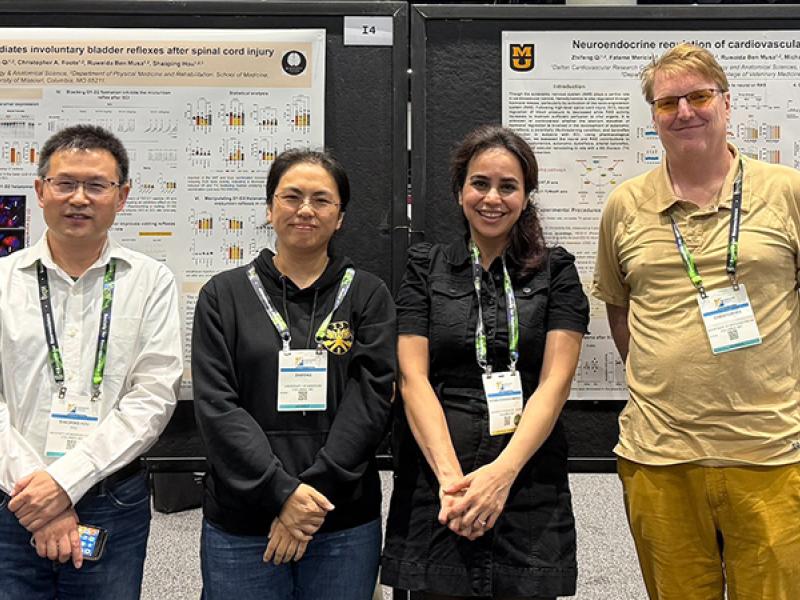
When injuries break the skin’s protective barrier, bacteria can infiltrate and infect wounds. Wounds sustained on the battlefield are particularly vulnerable to infection. As antibiotic resistant so-called superbugs continue to emerge, the need for a treatment that can treat these infections in the field is growing.
Complex drug-resistant bacterial infections require treatment with strong antibiotics, which are often associated with negative side effects including organ damage. Now, researchers from the University of Missouri are studying how antibiotics therapies can be made more portable and effective for soldiers and civilians with low side effects.

Hongmin Sun, PhD, associate professor of cardiovascular medicine and senior member of the National Academy of Inventors has been awarded a nearly $1.2 million grant from the U.S. Army to study non-intravenous, topical and localized antibiotic treatments for drug-resistant bacterial infections.
Sun’s team will research an optimal dosing regimen for use with these innovative micro-infusion devices that can deliver antibiotic to deep, difficult-to-reach-regions of wounds without causing other adverse effects such as kidney damage that are frequently caused by potent antibiotics. . These small portable devices were originally designed to apply skin care products, but Sun believes they have the potential for application as antibiotic treatment devices because they can deliver medicine in mist form deep into tissue.
“Micro-mist infusion technology in antibiotic delivery could reduce the morbidity and mortality not only of soldiers suffering from combat wounds, but anyone who suffers from chronic wounds such as diabetic or pressure ulcers,” said Sun. “These light and portable devices require minimal training to deliver antibiotics deep into wounds and can be used at all levels of casualty care, including in battlefield hospital environments.”
The first step in the research is to develop the optimal dosage of antibiotics for future human trials with a goal of eventual FDA approval.
Dr. Sun’s research is part of an on-going collaborative effort with Lakshmi Pulakat, PhD, professor of medicine at the Molecular Cardiology Research Institute of the Tufts Medical Center, and Department of Medicine at the Tufts University, Boston. The grant runs through August 2026.





